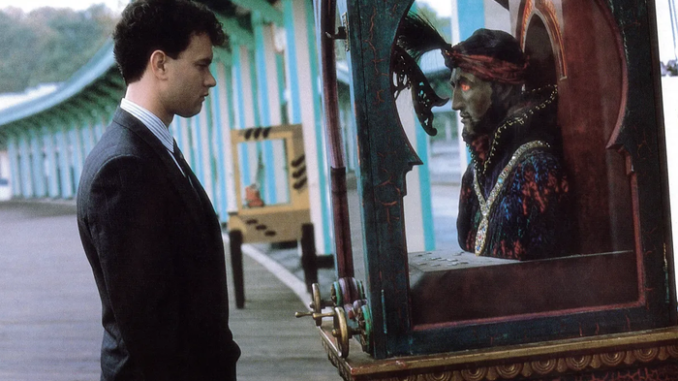
By Eric Peters, CIO of One River Asset Management
“Everyone has been traumatized by something unexpected,” he said, the two of us catching up, wandering, our regular free-form talks. “So they try to organize their lives and create structures that they feel give them control,” continued the CIO, a brilliant investor. “But there is no such thing as certainty, only the illusion of having an ability to control our destiny.” Last year at this time, markets priced the Fed Funds rate would be 1% now, rising gradually to 2.25%. And last month, SBF was seen by many as a savior savant. We fill our lives with fantasy.
“Those who can focus on the present, perform better and are generally happier,” continued my friend. “When you’re continually focused on the next thing, you’re less successful in the moment,” he said. “We all know this, and we’re trained to be present, but somehow the structure and incentives inherent in society push us to spend too much of our lives thinking about how to secure a stable future for ourselves.” The more money we accumulate, the more this tends to be the case. “Most people eventually find themselves slave to the future.”
“In market parlance, this phenomenon is the equivalent to selling volatility,” he said. “People view the income received from buying bonds or selling volatility to be a known quantity, a guarantee of sorts. But the reality is the certainty of such coupons is an illusion,” he said. “The truth is that buying convexity is a better way to live, because it is inherently less fragile.” But you must buy enough of it, making numerous bets, whether in entrepreneurial business-building or investing. “You must expose yourself to upside and accept the downside.”
“People hate holding cash, because they forego locking into a coupon,” he said. “They think it is a drag on their portfolios, but cash is an option.” It gives you an ability to buy something in the future, even if you do not yet know what you’ll buy. “Most people dream of someday having enough money so that they can purchase enough coupons to allow them to live risk-free forever.” A bulletproof life. “But getting to a place where you no longer need to think is emotionally quite dumb. The thrill of thinking and being is what makes us human.”
“Building wealth requires that you take risk, buy convexity, subject yourself to uncertainty, reality,” he said. “The portfolio that awaits most people when they get to the point of having enough money is short volatility. It is buying yield. It is devoid of creativity. It is acquiring commercial properties. Covid happens, you’re financially destroyed,” he said. “Selling volatility and collecting risk premiums is what people generally do when they try to create a certain future for themselves, and it tends to work for a time, but it’s a dangerous business.”
“One of the great ironies in both life and investing is that the harder you try to protect yourself from something, the more likely it is to find you,” he said. “We are best when we accept that the thing we fear most is what we must embrace,” said my friend. “And it’s often the thing that we tell ourselves most regularly that is our greatest self-deception. Mine is that I tell myself I’m bad with people. I don’t like being social and use that as justification for creating the detached life I live. The truth is probably that I fear letting people down. And everyone has such lies they tell themselves. They’re usually staring us right in the face.”
